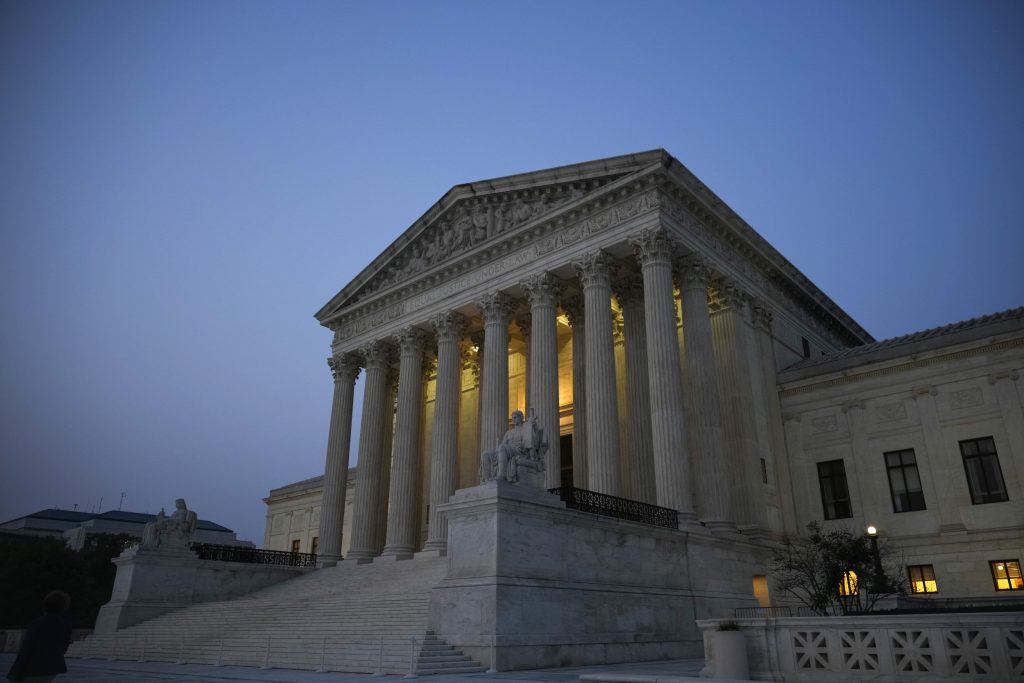The Supreme Court has made a landmark ruling allowing a Texas rancher, Richie DeVillier, to sue the state for flood damage to his property. This decision is seen as a significant victory for property rights advocates. DeVillier initially filed a lawsuit against Texas in state court in 2020, alleging that changes made to nearby Interstate 10 caused repeated flooding on his land. He argued that he was entitled to damages under both state law and the Fifth Amendment, which prohibits private property from being taken for public use without just compensation. Texas moved the case to federal court, where lawyers attempted to dismiss it by claiming it was not a Fifth Amendment issue.
In January, the Supreme Court heard oral arguments on whether DeVillier should receive federal relief and if the case should be heard in federal or state court. Texas Solicitor General Aaron Lloyd Nielson suggested that the case should be updated to only reflect state law, which the state would accept. In a unanimous opinion issued by Justice Clarence Thomas, it was determined that this concession was sufficient to resolve the case. The court concluded that DeVillier and other property owners involved should be allowed to pursue their claims under the Takings Clause through the cause of action available under Texas law. This ruling signifies a significant win for DeVillier and other property owners who have been impacted by similar issues.
DeVillier’s case represents approximately 120 other property owners who claim that the construction of a makeshift barrier on Interstate 10 exacerbated flooding during Hurricane Harvey, resulting in damage to their properties. Following the Supreme Court ruling, DeVillier expressed relief and gratitude, stating that “Texas can now be held accountable under the Fifth Amendment.” His attorney, Robert McNamara, also emphasized the significance of the decision, highlighting that property owners have more power than previously believed. McNamara criticized Texas Attorney General Ken Paxton for claiming victory in the case, noting that the ruling clarifies that Texas can be sued under the Fifth Amendment and that the claims Texas sought to dismiss will proceed to trial.
The Institute for Justice, which represented DeVillier, welcomed the Supreme Court’s decision, noting that lower courts had previously held that property owners lacked the ability to compel states like Texas to adhere to the Constitution. The ruling has broader implications for property rights and government accountability, setting a precedent for property owners to seek just compensation under the Fifth Amendment. DeVillier’s case is a significant step in ensuring that property rights are protected and upheld, emphasizing the importance of legal recourse for individuals who have suffered property damage due to government actions.
Overall, the Supreme Court’s ruling in DeVillier’s case is a victory for property rights advocates and individuals seeking recourse for damage to their properties caused by governmental actions. The decision clarifies that property owners have the power to seek just compensation under the Fifth Amendment, even when facing challenges from state authorities. This case serves as an example of the importance of upholding property rights and ensuring that individuals are able to seek legal remedies for damages to their property. The ruling sets a precedent for holding states accountable for property takings and underscores the significance of protecting property rights in a free society.













